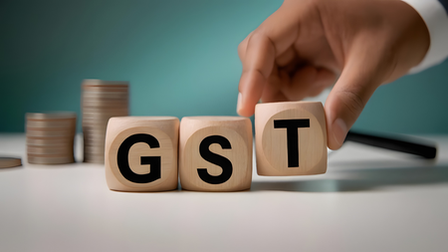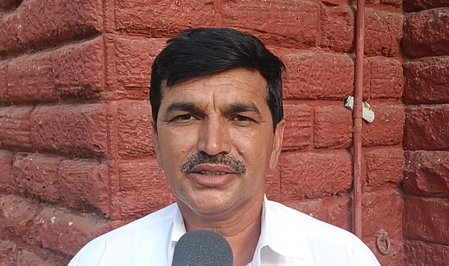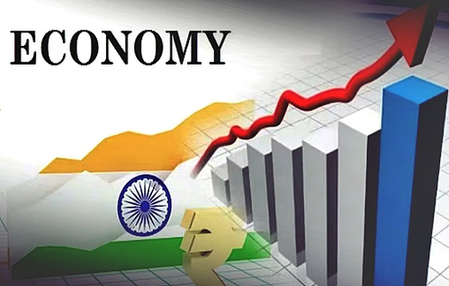
New Delhi, Sep 22 (IANS) India’s revamped Goods and Services Tax system, dubbed next-generation GST or “GST Bachat Utsav”, was implemented on Monday, reducing taxes on around 370 products, including daily essentials and lifesaving medicines.
Union Finance Minister Nirmala Sitharaman announced that the overhaul aims to inject approximately Rs 2 lakh crore into the economy by increasing the disposable income of consumers.
Over 50 items, including UHT milk, khakhras, pre-packaged paneer, and breads like chapatis and parathas, will now fall under a zero-tax bracket due to the new structure.
Thirty-three essential drugs and therapies for conditions including cancer and rare diseases are now exempt from GST, while the tax rate on numerous other medicines have been reduced from 12 per cent to zero. Medical devices, such as diagnostic kits and glucometers, now incur a GST of just 5 per cent.
The levy on stationery items for schools and offices, including erasers, pencils, notebooks, and maps, has been removed. Prices for several consumer staples have dropped, including butter, biscuits, condensed milk, namkeen, jams, ketchup, juices, dry fruits, ghee, ice cream, and sausages.
Dry fruits and nuts, including almonds, cashews, pistachios, and dates, will now be taxed at 5 per cent instead of 12 per cent.
Cement for housing is now set at 18 per cent, down from 28 per cent. Services such as haircuts, salon treatments, yoga classes, gyms, and health clubs will also see reduced rates.
Additionally, the zero-GST category now includes toiletries like soaps, shampoos, hair oil, face creams, and shaving cream.
GST on kitchen appliances and electronics, including air conditioners, televisions, washing machines, and dishwashers, has been reduced to 18 per cent from 28 per cent.
The government has merged cess into the GST base and imposed a 40 per cent levy on sin and luxury goods to offset revenue losses.
Cigarettes, bidis, pan masala, gutka, and other tobacco products are subject to the highest tax rate, along with aerated beverages such as Coca-Cola, Pepsi, and Fanta.
Large sport-utility vehicles and multipurpose vehicles exceeding 1,200 cc (petrol) or 1,500 cc (diesel) and measuring over 4 metres will now be taxed at 40 per cent, up from the previous rate of 28 per cent plus 22 per cent cess.
–IANS
aar/rvt/




